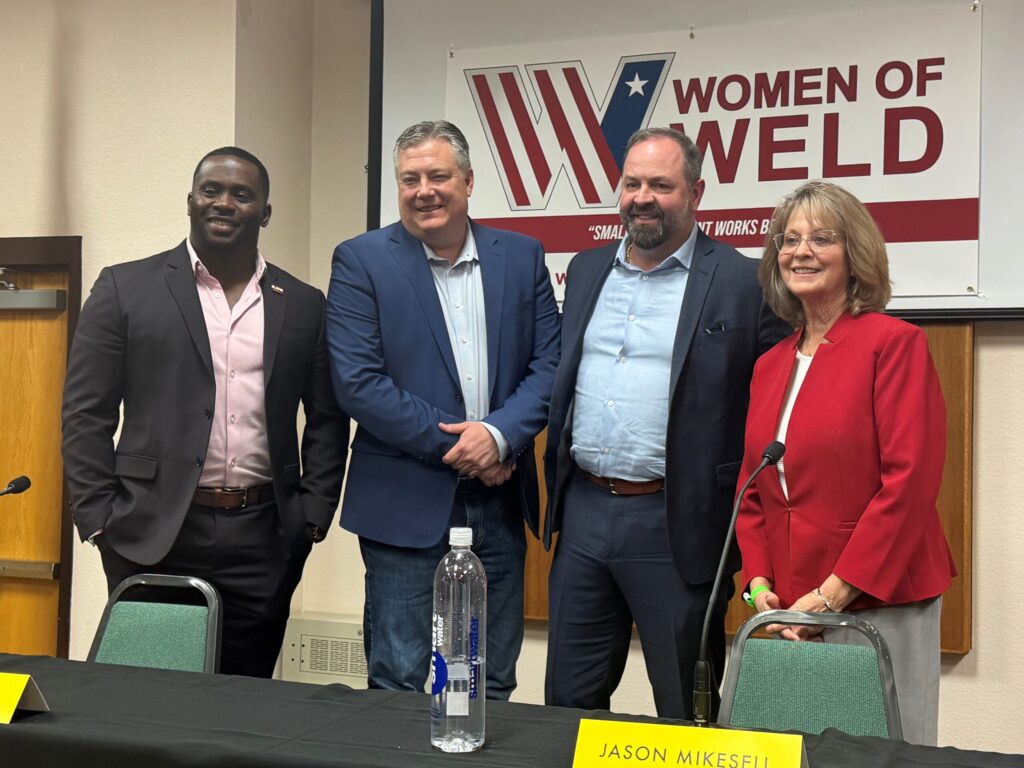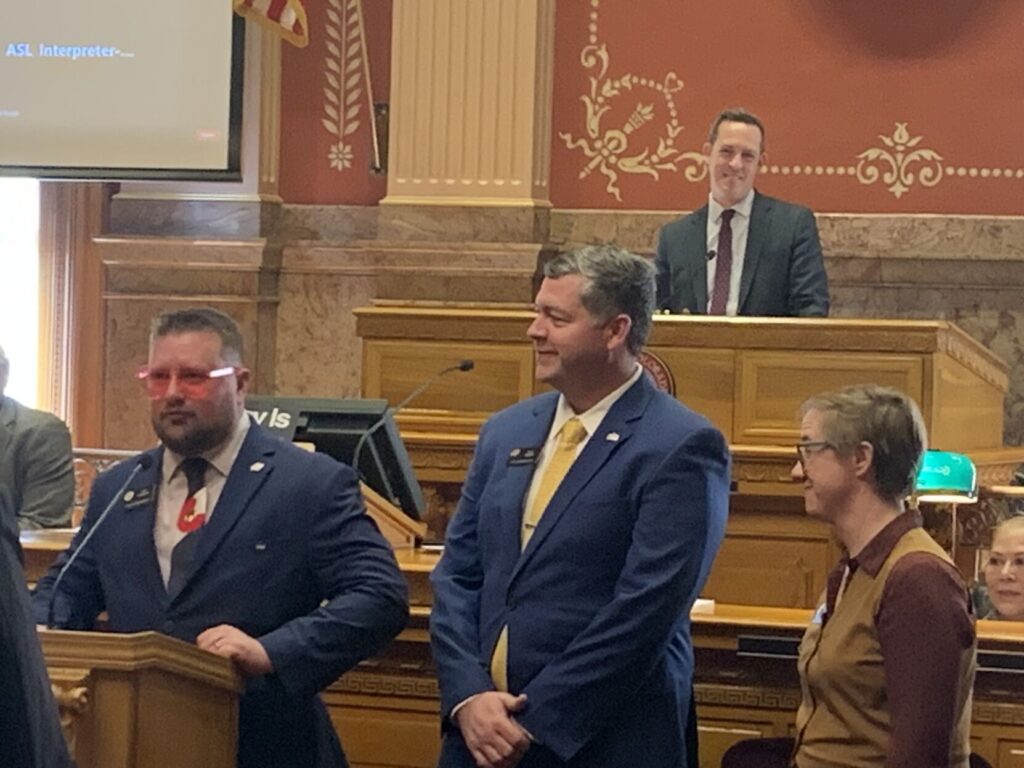Hudson: Chamber of Americas hears discussion about Trans-Pacific trade agreement

Last Thursday the Chamber of the Americas sponsored a luncheon tutorial to explain the pending Trans-Pacific Partnership trade agreement at the Palm restaurant in Denver. Chamber director Gil Cisneros invited Tyler Rauert, a trade attorney with the Polaris Law Group in Longmont, to educate members on the TPP’s potential impacts on Colorado exporters. Rauert kicked off his remarks by pointing out that “there is absolutely nothing sexy about trade agreements. For the most part, they are hundreds of pages guaranteed to cure your insomnia.” But, he added, “A few people care a lot because they have a lot at stake.”
A dozen participating countries sprinkled around the Pacific Rim will be finalizing the terms of this agreement over the next few weeks in Hawaii. Peru and Chile have joined with the three NAFTA nations (the United States, Mexico and Canada) along the ocean’s Eastern Rim, while Japan, together with five other Asian nations and Australia – but not China – make up the negotiating team.
Rauert speculated that Mexico was likely to emerge as the primary beneficiary from this agreement. Not only will NAFTA rules automatically be extended to Peru and Chile, but other Latin and Central American countries will not only be free to join but will be expected to sign on once an agreement is ratified. The pact, which is likely to include as many as 25 chapters, only discusses trade matters in three of these. The remainder of the agreement consists of rules governing implementation. Digital trade will be addressed for the first time, as well as the treatment of intellectual property, particularly pharmaceuticals, where the parties will have to strike a reasonable balance between innovation and affordable access. But with small businesses amounting to 83 percent of American exporters, lifting tariffs and other obstacles offers them real commercial opportunities. Nonetheless, there have been significant objections from labor organizations and environmental groups.
While the White House argues TPP is the toughest agreement ever struck with trading partners, critics complain the guarantee of third-party arbitration allows private parties to overturn sovereign law in member states. But experts say this simply isn’t true. Since 1958, with the adoption of the New York Convention, all participants in international trade agreements – virtually every nation on the planet – have agreed to rely on arbitration in order to avoid lengthy appeals through national court systems. Local statutes can be whatever sovereign legislatures approve, and they remain unchanged, but financial claims filed for interference with investments specifically permitted under terms of trade agreements are always adjudicated through arbitration. This framework has been in place for more than half a century. These judgments are usually monetary settlements that compensate for demonstrated damages. Without this neutral process, most trade agreements would collapse under the weight of suspicion and mistrust. Rauert observed that both labor and environmentalists are likely to obtain a better deal from the Obama administration than any that might emerge down the road.
There will be losers, however. Viet Nam is rapidly becoming a major apparel producer, replacing China, Pakistan and Bangladesh as a textile center. But Rauert suggests the U. S. has probably lost all the manufacturing jobs it’s going to lose – in fact, he argued, many heavy-industry jobs, especially those with high energy requirements, are returning to the U. S. because the fracking boom has driven down production costs. Next up for the Chamber of the Americas will be a trade mission to Cuba in October. Cuba libres and cigars anyone?
– Miller Hudson is a public affairs consultant and a former state legislator. He can be reached at mnhwriter@msn.com














